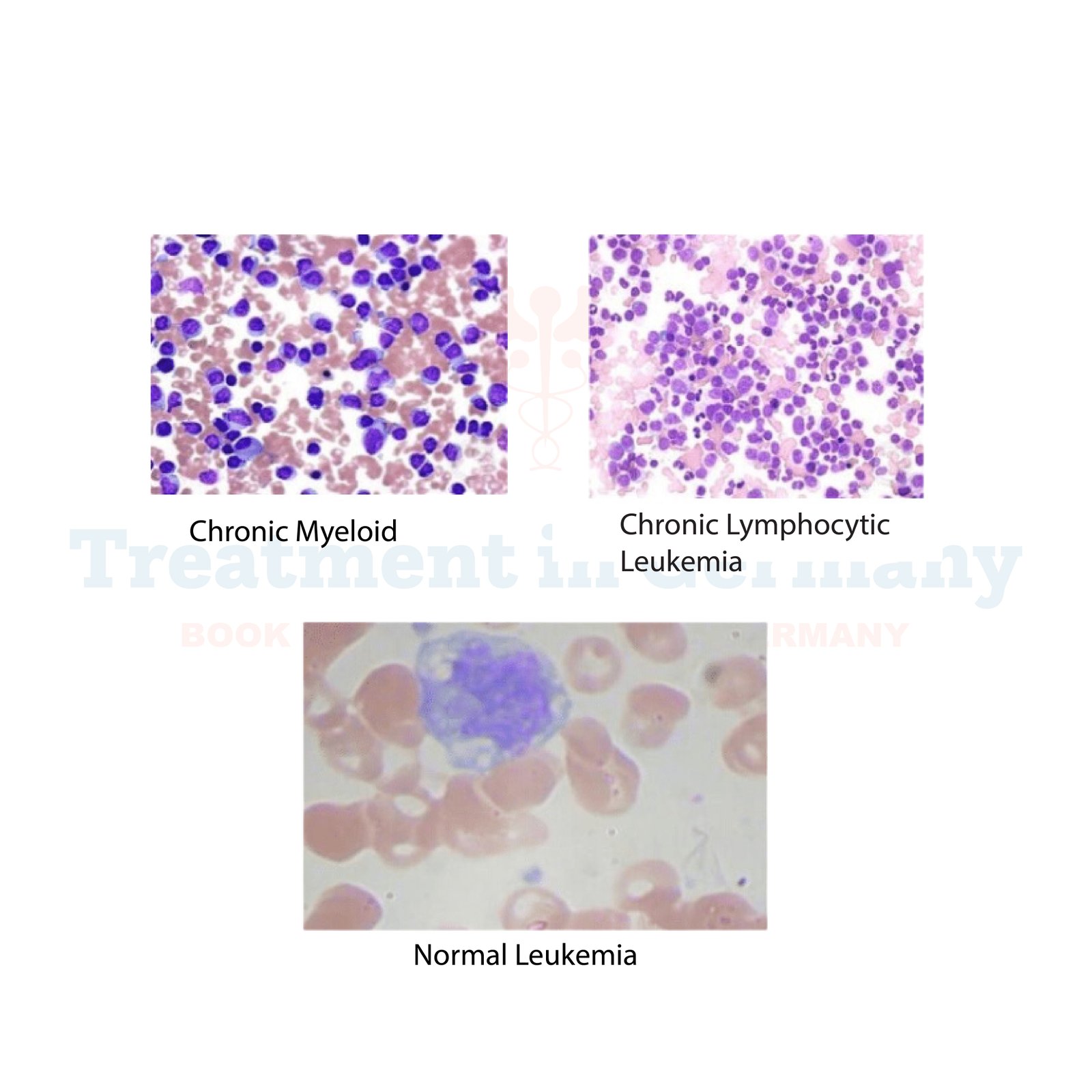Acute Myeloid Leukemia (AML) is a severe and aggressive form of malignancy that impacts blood cells and bone marrow. State-of-the-art medical technologies and healthcare systems with innovative, personalized treatment options help support AML treatment in Germany.
The overview of AML treatment, causes, symptoms, diagnostic methods, and the landscape of treatment in Germany will be covered in this article.
Acute Myeloid Leukemia is also known as AML. It has been proven to be a blood cancer, caused by mutations in genes or chromosomes that let abnormal myeloid cells be produced in the bone marrow.
This increases immature white blood cells, bringing about a slowdown of normal blood cell production in the body, such as neutrophils, monocytes, red blood cells, and platelets. These abnormal cells will gradually leak into the bloodstream and infect organs like the liver, spleen, and lymph nodes, causing extensive destruction.
Symptoms of AML
AML can manifest itself with a variety of symptoms that typically mimic the common cold or flu. As the disease progresses, symptoms intensify and include:
Causes and Risk Factors
It remains unknown what causes AML, but the following increases susceptibility to it:
Genetic Conditions
There are some genetic conditions passed down from generation to generation that increase risk. Down syndrome, ataxia telangiectasia, Li-Fraumeni syndrome, and Klinefelter syndrome are examples.
Environmental and Lifestyle Factors
Disorders of the Bone Marrow
Some myeloproliferative neoplasms, such as polycythemia vera, myelofibrosis, thrombocytosis, have been known to transform into AML others, like myelodysplastic syndrome, aplastic anemia, and pancytopenia, also make the risk more prominent.
Diagnosis of AML
AML diagnosis employs a combination of blood testing and bone marrow examinations that measure the abnormal overproduction of myeloid cells. The major diagnostic methods involve:
Blood Tests
Bone Marrow and Spinal Tests
Genetic Tests
Treatment Strategies in Germany
AML in Germany is treated with the latest conventional treatments as well as novel developments. A treatment strategy for AML primarily involves two phases-induction therapy and remission therapy.
Chemotherapy
Chemotherapy is considered the most conventional treatment modality in AML. Multiple drugs are administered simultaneously, among which include:
Targeted Therapy
Germany's advanced medical research enabled the design of targeted therapies that target the genetic mutation of a particular drug. These include the following:
Allogeneic Stem Cell Transplantation
This treatment is when the cells in the patient's bone marrow are replaced with healthy stem cells from the donor. The procedure provides the possibility of a cure, especially in younger patients or relapsed cases of AML.
Monoclonal Antibody Therapy
This is a new therapy that involves using antibodies specifically to identify and target the leukemia cells without causing harm to the healthy cells.
Managing AML Treatment in Germany
Treatment approaches are focused on the principles of comprehensive care for an AML patient-for example, in the management of side effects of treatment, such as myelosuppression-that refers to a reduction in the production of blood cells-or even providing palliative care and management of symptoms. Patients achieve remission; many are completely cured.
Frequently Asked Questions
What is the main therapy applied in AML?
It mainly focuses on chemotherapy and later stem cell transplantation for other qualified patients.
Can AML be cured?
Yes, allogeneic stem cell transplantation is theoretically curative for some people.
Is the treatment for AML different in older individuals?
Older patients receive less intensified therapies because of their conditions.
What are the serious side effects of AML treatment?
Chemotherapy always causes myelosuppression, fatigue, and infection.
Do new developments exist for the treatment of AML?
Yes. Germany offers targeted therapy and the use of monoclonal antibodies after genetic profiling.
👉 Contact us for further information and receive a complimentary consultation.


.webp)
 (1).webp)

.webp)
 (1).webp)


.webp)
 (1).webp)

.webp)
 (1).webp)
